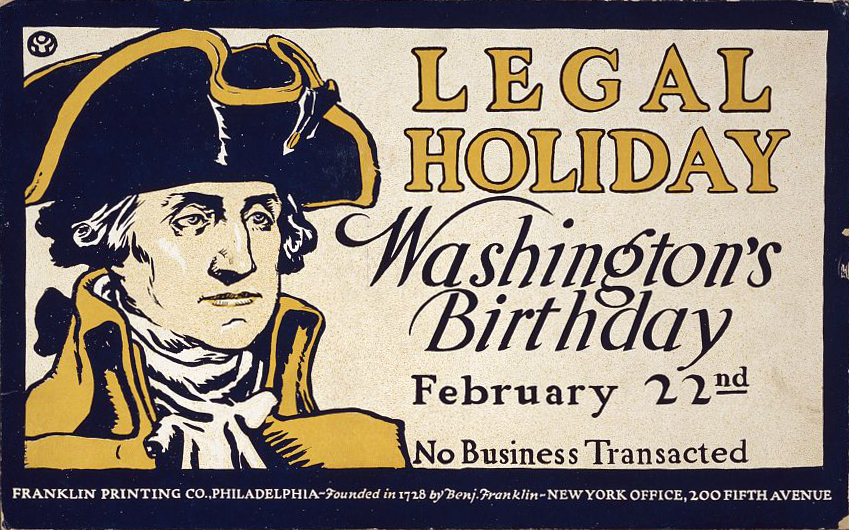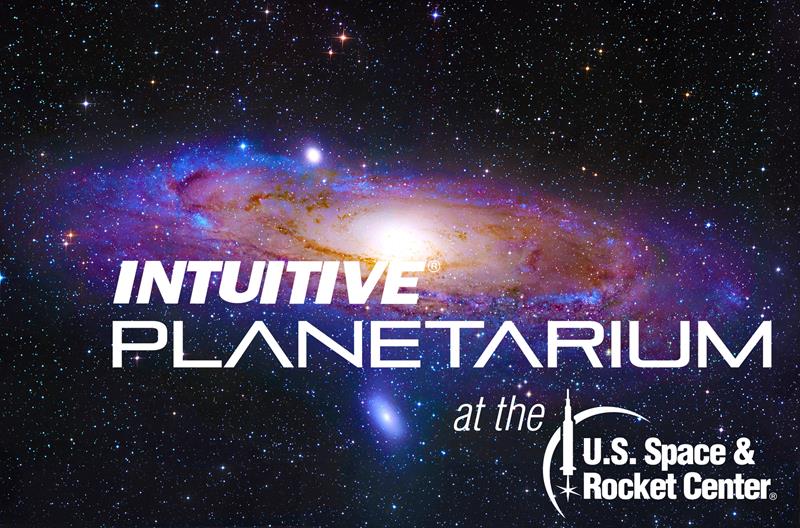As we approach the third Monday of February, a holiday widely recognized across our nation comes into focus, commonly referred to as “Presidents’ Day.” But did you know the holiday originally honored the birth of George Washington, the first President of the United States? Let’s delve into the fascinating journey from Washington’s Birthday to the modern celebration of Presidents’ Day, shedding light on the evolution and significance of this American holiday.
The History
The story begins in the late 18th century, when February 22nd marked an informal celebration of his birth, even during George Washington’s lifetime. Following his death in 1799, these celebrations continued to grow, culminating in 1879 when Congress officially recognized Washington’s Birthday as a federal holiday.
For nearly a century, Americans celebrated this day on the 22nd of February, honoring the legacy of a man who played a pivotal role in the founding of the United States. However, the observance of this holiday was destined to undergo significant changes with the passage of the Uniform Monday Holiday Act in 1968, which shifted the celebration to the third Monday of February, distancing the holiday from Washington’s actual birth date.
This legislative change, while aimed at providing federal employees with more three-day weekends, contributed to a blurring of the holiday’s focus. The term “Presidents’ Day” emerged, further popularized by advertising campaigns in the 1980s, despite the holiday officially retaining the name of “Washington’s Birthday” at the federal level. This transformation has led to the common misconception that the day is meant to honor all U.S. Presidents collectively.
Yet, the essence of the holiday as a commemoration of George Washington’s contributions to the nation’s founding has endured in various forms, including the tradition of reading his Farewell Address in the Senate and specific state-wide observances.
Tradition
Looking at how Washington’s Birthday and Presidents’ Day are currently observed, we find a mix of tradition and modern reinterpretation. The annual reading of Washington’s Farewell Address remains a poignant reminder of his ideals and leadership. Some states, like Virginia and New York, choose to emphasize Washington’s individual legacy by officially recognizing “George Washington Day.”
In contrast, others meld the holiday into a broader celebration of the presidency. This diversity in observance reflects the complex nature of American history and the ongoing dialogue about how best to honor our nation’s founders.
The debate over whether Washington deserves his own distinct day highlights the depth of his impact on American history. While “Presidents’ Day” sales and promotions dominate the public consciousness, there remains a strong undercurrent of reverence for the “Father of our Country.” Whether through federal holidays or local celebrations, the memory of George Washington’s leadership and character continues to inspire Americans.
As we celebrate this February, let’s take a moment to reflect on the enduring legacy of George Washington and the broader significance of the presidency in shaping our nation’s journey.
Remembrance
So, as you enjoy the long weekend and perhaps some Presidents’ Day shopping, remember this holiday’s rich history and evolution. It’s a time for deals and discounts and honoring the remarkable individuals who have led our nation. Whether you’re spending it in quiet reflection or enjoying community events, Presidents’ Day offers an opportunity to engage with American history and appreciate the contributions of George Washington and his fellow presidents to the fabric of our country.






